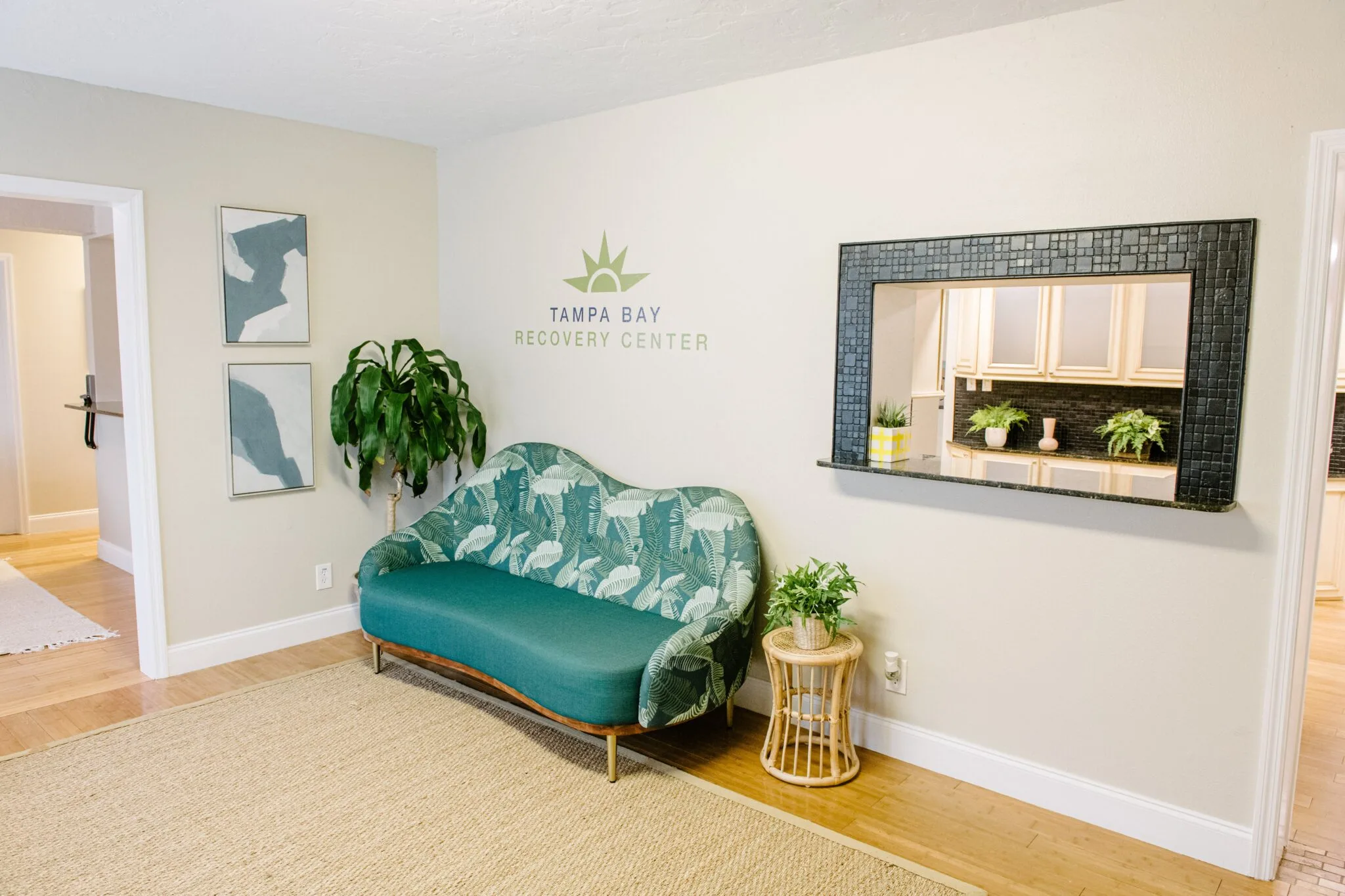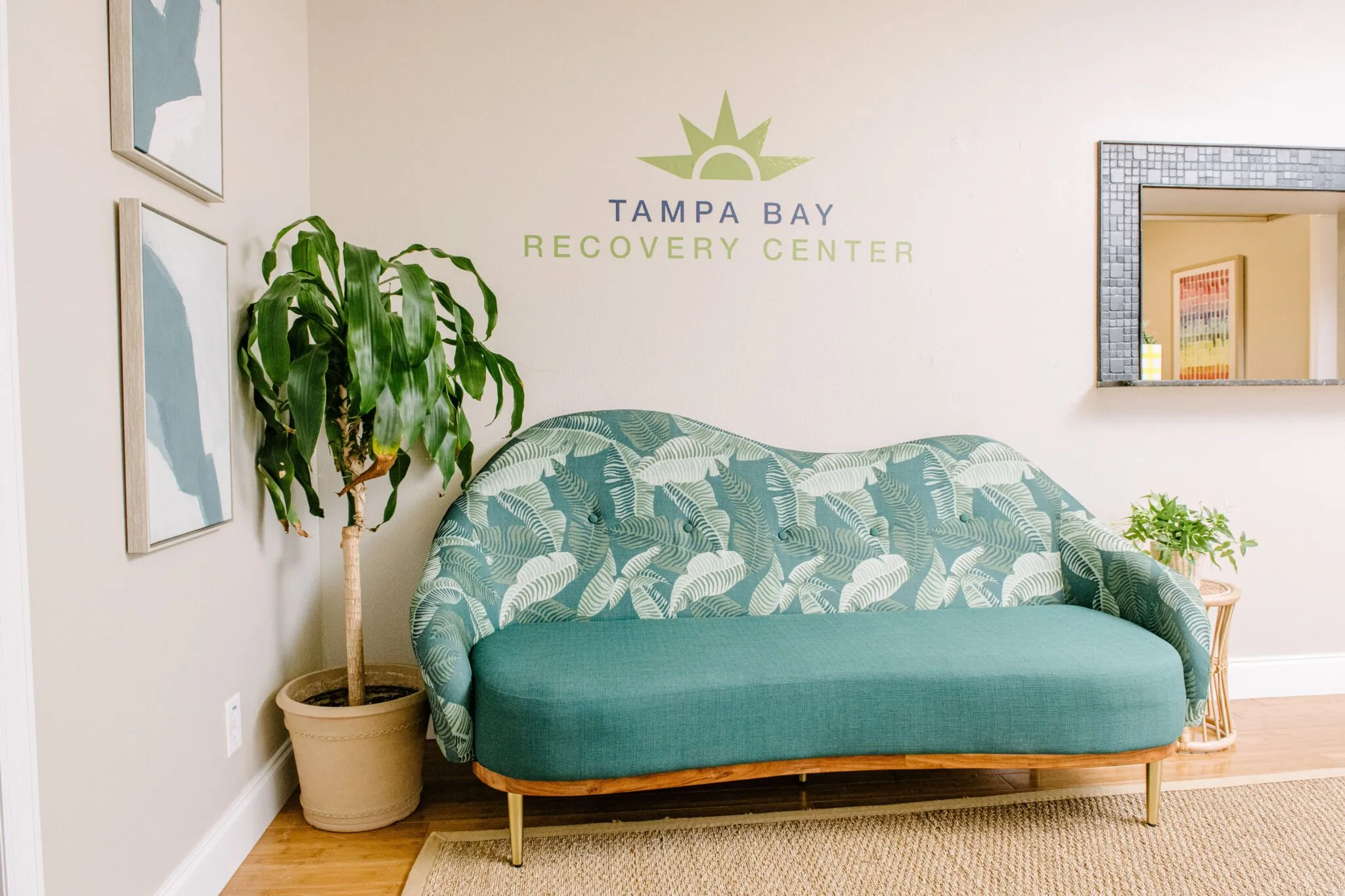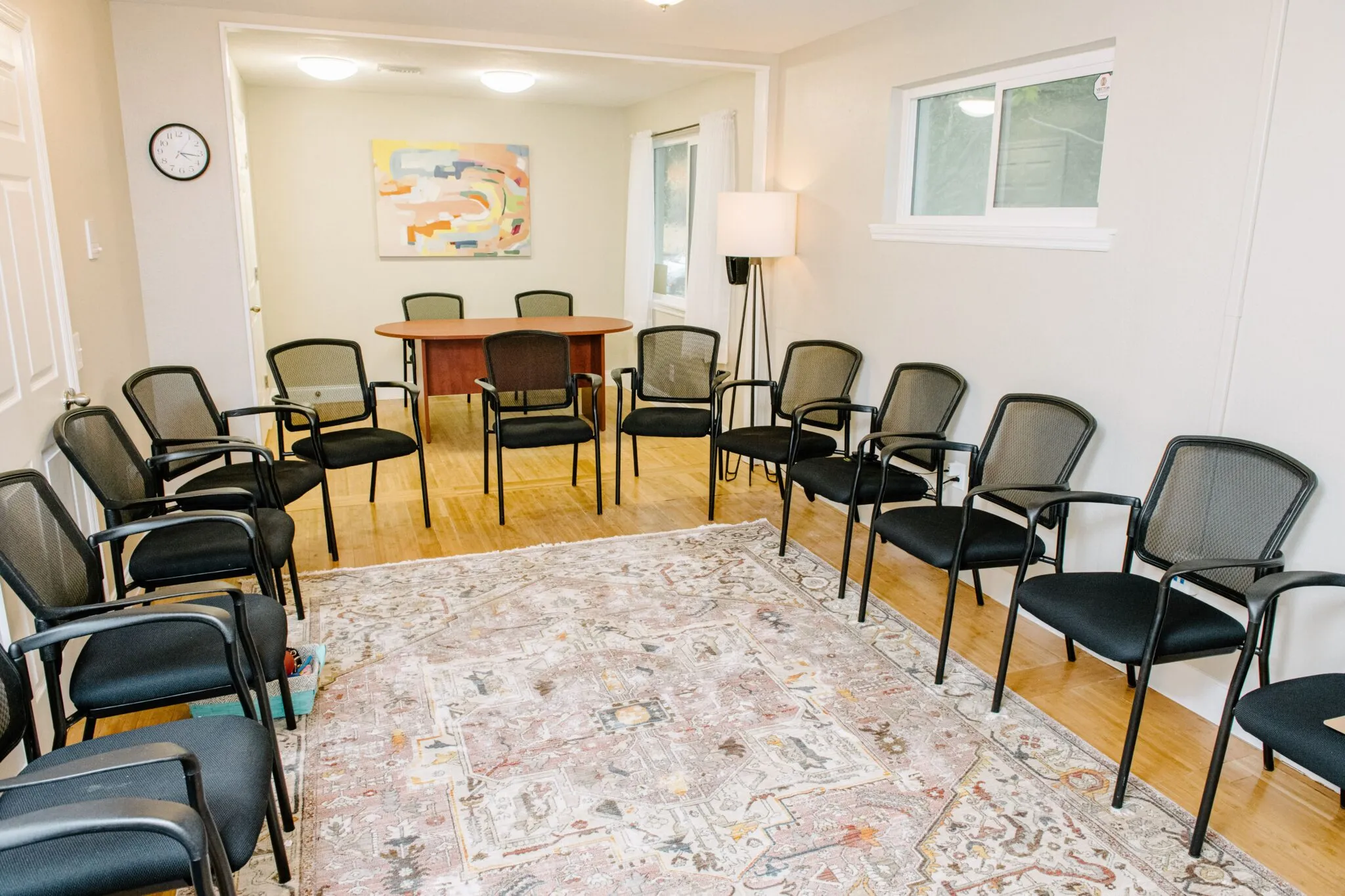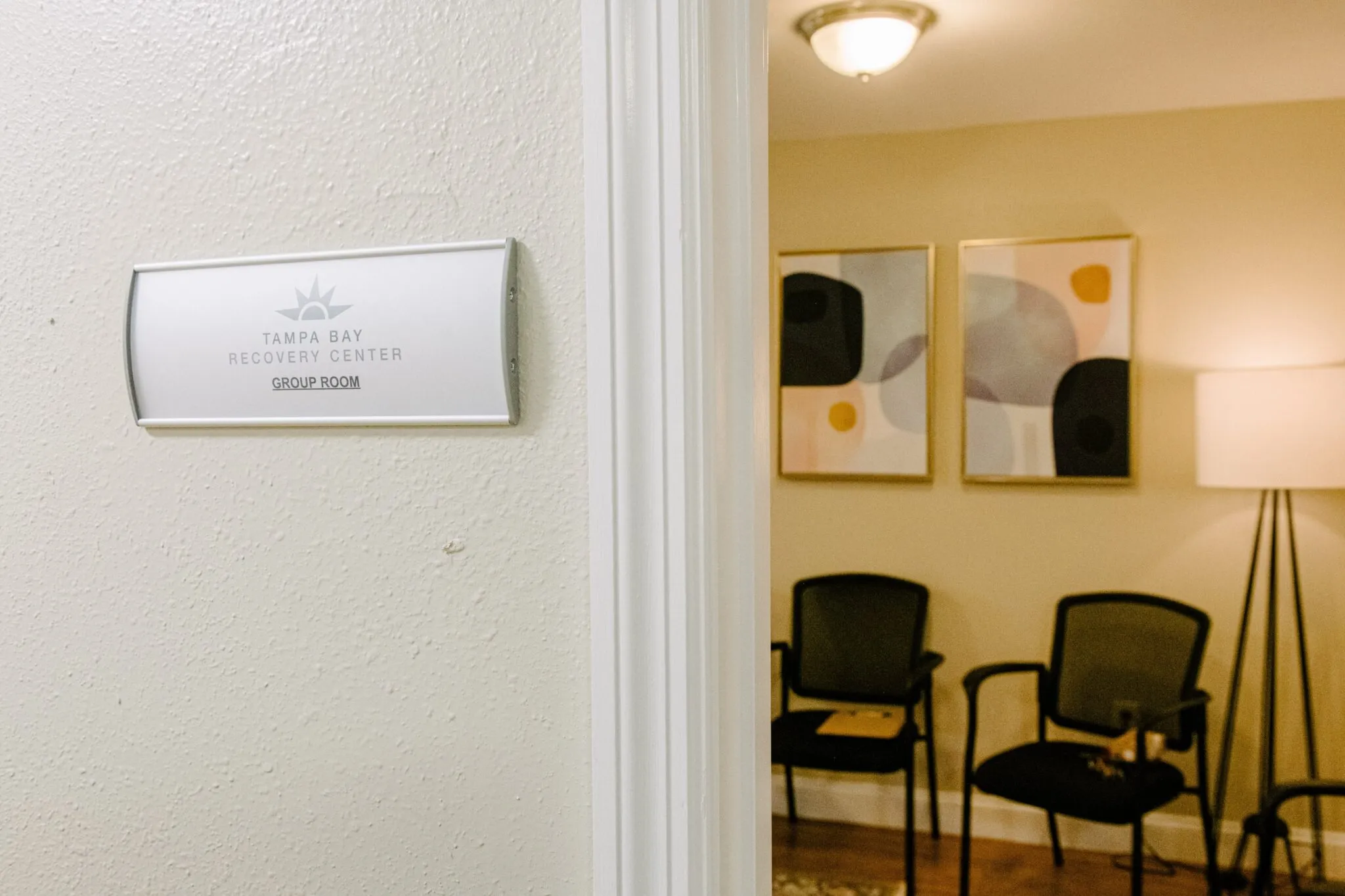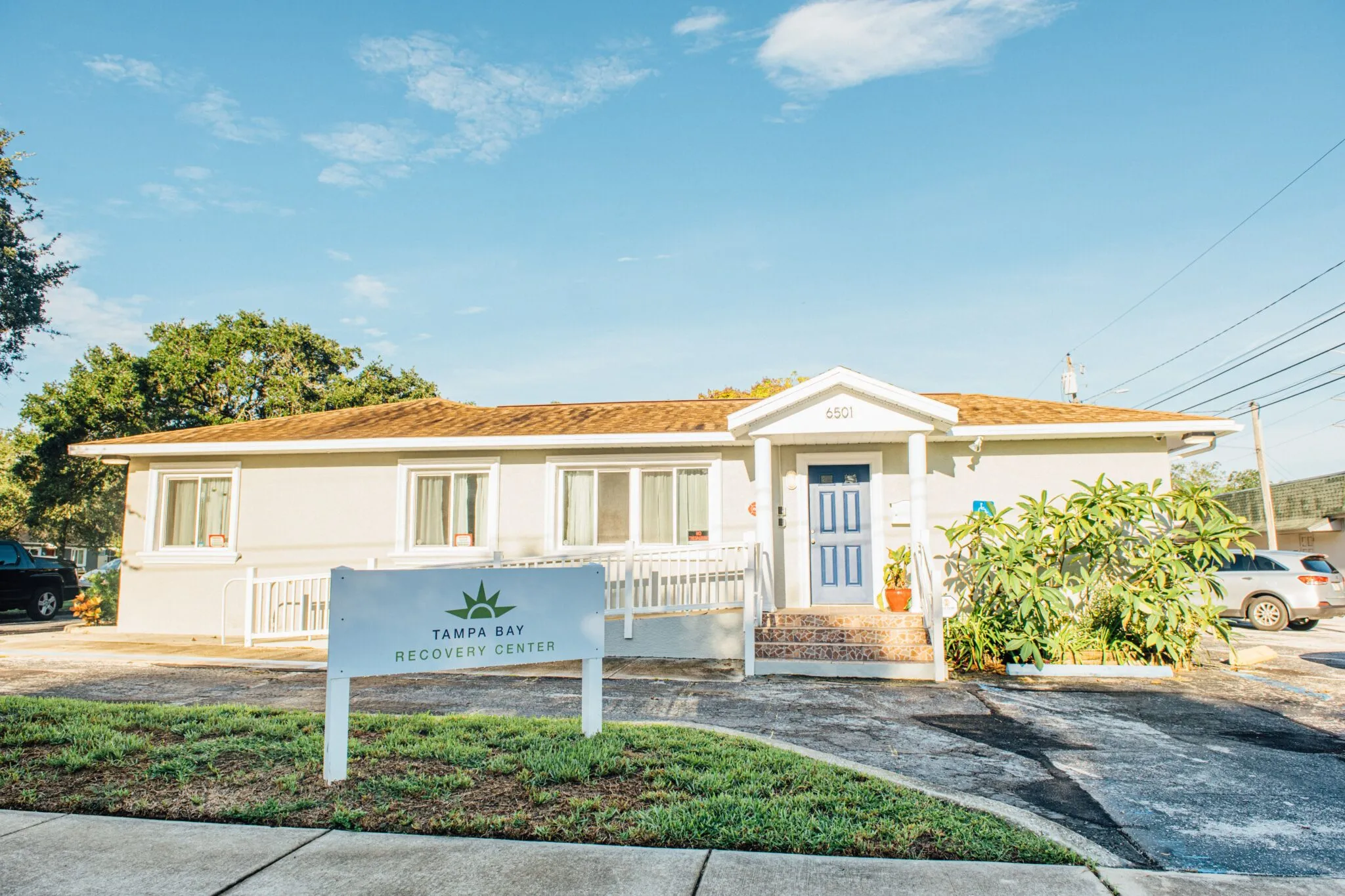Home » Florida Marchman Act Requirements
Home The Danger of Delta-8 and Cannabis Alternatives
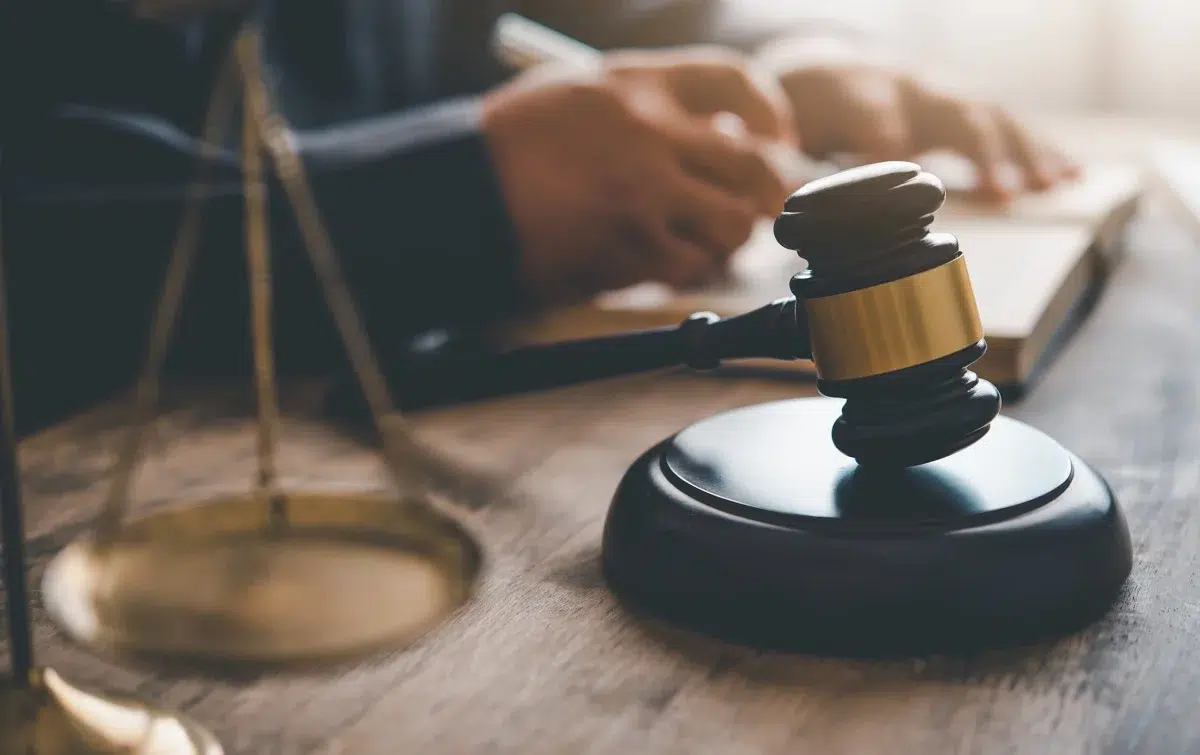
Understanding the Florida Marchman Act: Involuntary Treatment for Substance Abuse
The Marchman Act is a Florida law designed to help individuals struggling with substance abuse disorders who pose a danger to themselves or others. If someone you care about is suffering from addiction and refuses to seek treatment, this law could be a potential solution. The Florida and Tampa Marchman Act requirements provide guidelines on how to invoke this legal option to get your loved one the help they need. Here, we explain the key aspects of the law so you can make informed decisions about their treatment.
What Is the Florida Marchman Act?
Enacted in 1993, the Hal S. Marchman Alcohol and Other Drug Services Act, commonly known as the Marchman Act, is designed to assist individuals who are unable to seek help due to their addiction. It allows family members and others to petition the court to mandate a person’s assessment, stabilization, and, if necessary, involuntary treatment. If the court determines that the person is in need of care, they can be compelled into treatment against their will, providing a crucial opportunity for intervention.
How Does the Marchman Act Work?
Although a person may deny that they need treatment, the court has the authority to override their refusal if certain criteria are met. The Florida Marchman Act gives family members, close friends, or certain professionals the ability to take action if the person with addiction cannot make rational decisions regarding their need for treatment, particularly if they are a threat to themselves or others. The act applies to adults aged 18 and over.
Once a petition is approved by the court, the individual must undergo an assessment within five days. If treatment is deemed necessary, the person can be required to stay in a treatment facility for up to 60 days. At Tampa Bay Recovery Center, we work closely with families to navigate the legal process, including addressing insurance, payment options, and more.
Who Is the Marchman Act For?
The Marchman Act is intended for individuals struggling with substance abuse disorders who are either unwilling or unable to voluntarily seek treatment. Specifically, it targets individuals who:
- Have lost control over their substance use.
- Pose a danger to themselves or others due to their addiction.
- Are incapable of making rational decisions about seeking help due to the severity of their substance use disorder.
- Have experienced impaired judgment or lack the ability to recognize their need for care.
Marchman Act Criteria
To qualify for the Marchman Act, certain criteria must be met. The individual must:
- Be unable to acknowledge the severity of their addiction.
- Show an inability to seek treatment voluntarily, even if they recognize that something is wrong.
- Present a danger to themselves, such as through threats or attempts of overdose or suicide.
- Pose a threat to others due to their behavior.
The involvement of a lawyer is often recommended to help families with the legal aspects, from filing the petition to navigating the court system. An attorney can ensure that the process is followed correctly and offer ongoing support throughout treatment.
How to File a Petition for the Marchman Act
To initiate the process, the following individuals may file a petition:
- Spouses, relatives, or guardians.
- Three unrelated adults who have witnessed the person’s substance abuse.
- Professionals such as doctors, therapists, or law enforcement officers.
The petition must be submitted in the county where the individual lives and must include notarized documentation outlining the severity of the person’s addiction. Once filed, a judge or magistrate will review the petition and decide whether to proceed.
Two potential outcomes are possible:
- The person is served with a court summons to attend a hearing, where both sides may have legal representation.
- If the situation is urgent, an emergency order can be issued, and law enforcement may escort the individual to a facility for evaluation.
Differences Between the Marchman Act and the Baker Act
Both the Marchman Act and the Baker Act provide legal frameworks for involuntary intervention, but they address different issues.
- The Marchman Act focuses on substance abuse disorders, allowing for up to five days of assessment and stabilization, followed by potential involuntary treatment if necessary.
- The Baker Act deals with mental health crises, providing for a 72-hour evaluation period. Depending on the results, the person may be released, agree to voluntary treatment, or face involuntary hospitalization.
Treatment Options Under the Marchman Act in Tampa
Once a person is admitted under the Marchman Act, various treatment options are available. Treatment may begin with detox to address the immediate physical effects of substance withdrawal. Following detox, options include:
- Residential treatment: 24/7 care at a facility for weeks or months.
- Outpatient rehab: Flexible treatment that allows individuals to live at home while attending therapy sessions.
- Partial Hospitalization Program (PHP): Intensive care during the day, with the person returning home at night.
- Intensive Outpatient Program (IOP): A less intense form of outpatient care with fewer required hours per week.
- Sober living homes: Structured living environments for those transitioning from inpatient treatment.
Each of these programs offers evidence-based therapy and support to help individuals overcome addiction. Even those who initially resist treatment may find clarity after detox and begin to appreciate the benefits of sobriety and continued care.
Help Navigating the Marchman Act
Are you concerned about a loved one’s addiction? The Marchman Act provides a way to compel someone to get the help they need when they’re unable to recognize or act on it themselves. If you’re considering this legal option, Tampa Bay Recovery Center can guide you through the process, explain the Marchman Act requirements, and provide professional, compassionate treatment for your loved one.
Contact us today to learn more about how we can help. Don’t give up hope—help is available.
Take Back Control:
Contact Us Now
Addiction and mental health disorder effects the lives of millions of Americans each year. Contact Creekside Recovery Group today to get the help you deserve.
Call 813-733-8774
Insurance Can Cover Up to 100% of costs
We Accept Most Insurance. Please Note We Are Not Affiliated With Or Endorsed By Insurance Companies.
CONTACT US
We Are Always Here For You
Our compassionate team is ready to assist you—contact us now for confidential support tailored to your needs!

